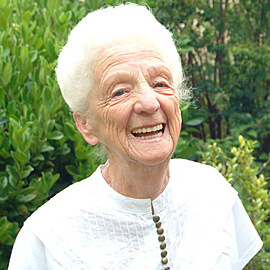A power of attorney is a document signed by an individual that gives a person nominated by them the power to act on their behalf should they become incapacitated.
While a family member is usually nominated power of attorney, the responsibility does not have to rest with just one person.
David: "You can say, ‘I appoint my wife as long as she has capacity, but if she doesn't I appoint my children.'"
Power of attorney can further be given to two people who operate jointly or otherwise, depending on the donor's wishes.
David: "If someone doesn't have immediate family or doesn't trust their family, they often appoint a legal representative as power of attorney along with a family member - they often serve as a calming influence."
A power of attorney must be someone you trust implicitly, as they have the legal powers "to clean you out and head to Rio." It may seem daunting to give someone such powers - particularly when you are in fine physical and mental health - but in the case of losing capacity, everyone needs someone to act on their behalf.
David: "It is like having an insurance policy - if you have a car accident, fall down the stairs or have a stroke, your life can go on through this person. They can buy and sell shares or property on your behalf and generally exercise a wide range of powers given under the Powers of Attorney Act."
"I am aware of one case where an elderly lady suffered a stroke that incapacitated her. She had not left a power of attorney, but a close friend believed the lady has wished her to manage her affairs in the event of such a problem. The friend applied to the Guardianship tribunal for orders that she represent the lady in the handling of her affairs, but the Protective Commission was appointed her financial manager instead. Whatever wishes the lady may have had were given no effect."






